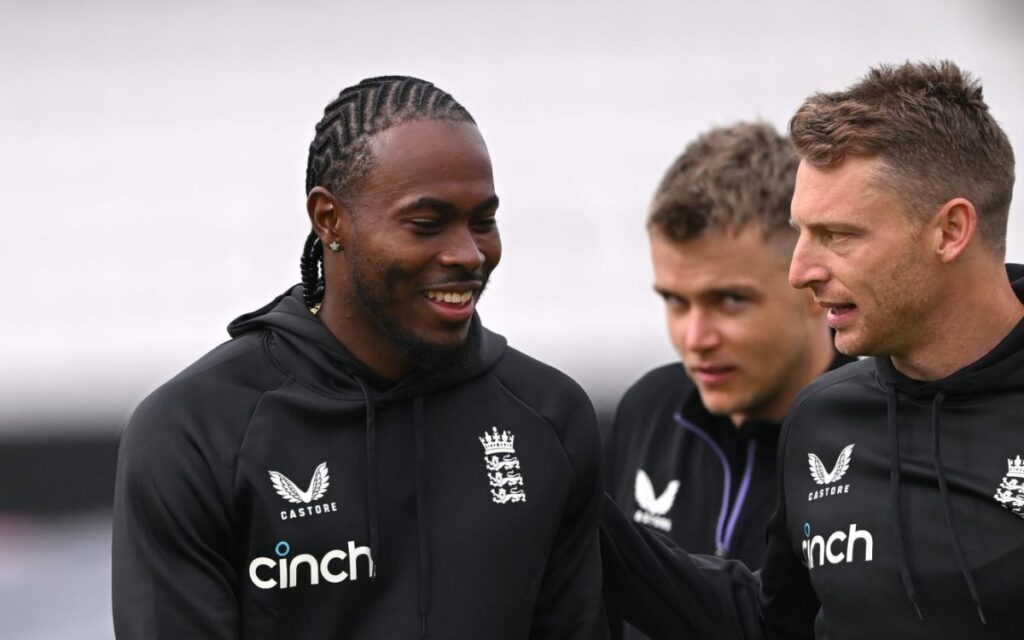T20 World Cup: England have roped in a sports psychologist, who has in recent times worked with Premier League champions Manchester City, as they get ready to defend their ICC Men’s T20 World Cup title in the event to be held in June.Ahead of the T20I series against Pakistan and the subsequent ICC Men’s T20 World Cup, the England team management has brought in David Young, the Manchester City psychologist with an impressive record who was previously with the England cricket team and rejoins the side for the tournament.
Young had a prolific run with Manchester City in recent times, with the side winning four straight Premier League titles over the last four years. Before joining the Premier League club, Young was with the England cricket side, overseeing the senior men’s team from 2016 to 2020.
Young has joined the England side for the T20I series against Pakistan and will remain till the end of the Men’s T20 World Cup.
England white-ball coach Matthew Mott believed the presence of Young, who was with the side when they lifted their maiden ICC Men’s Cricket World Cup in 2019, would improve communication.
“He’s previously been with the team, and he’s already been a great ally in messages back to me. Making sure my messages are clear.
“It’s always good to have someone who’s a little bit removed from the squad to make sure you’re landing your messages… He’s still doing other roles but we’ve got him for this series, and the start of the World Cup as well,” said Mott.
After England’s uninspired run during the recently concluded Men’s Cricket World Cup in India, Mott wanted to have a more open approach.
“When you’ve had the kick in the pants like we’ve had, you can’t just go ‘business as usual’. You have to redefine how you go as a team,” Mott said about England’s returns in India,” the England coach was quoted as saying by ICC-cricket.com on Thursday. “As a group, we’ve committed to be a bit more open in and around our training sessions, to help each other out a bit more,” he said.
“In India, all of us were guilty of being a bit insular and trying to problem-solve ourselves. We’re committed to open up and be a bit more vulnerable as a group so that we’re helping each other,” he concluded.


